“It’s about distraction, it’s about focus.” That’s what Nicky tells Jess, while he looks into her eyes, touches her shoulder with one hand and grabs the ring off her finger with the other. Focus is the story of a con-man, Nicky (Will Smith) and his romantic endeavors with his apprentice Jess (Margot Robbie). In the world of shams, Nicky is a prodigy who leads a team of thieves, scammers and other criminals in large organized scams. Looking to grow his empire Nicky lures Jess, an amateur con artist, to join him on a gig. Jess turns out to be an immaculate student and blends in with the team as a natural. The heat turns on, sparks fly and the inevitable happens; Nicky and Jess fall in love. But the world of cons is a world of lies and of course “love” is built on trust. So Nicky abandons Jess only to meet her again after a few years. Nick still has feelings for Jess but she is now romantically involved with his new employer. What follows is an inordinate amount of plot twists to keep your mind busy with figuring out who’s playing who for a fool!
To start with, this movie has a lot of eye candy. It’s got Will Smith, who keeps getting in better shape as he ages (or maybe he doesn’t age!) and then there’s striking Margot Robbie (you cannot not like her if you have seen Wolf of Wall Street). The chemistry between the two stars makes it an interesting watch in itself and then there are tricks, parties, races and more. Even though it seems that this makes for a good reason to pull you to the big screen, the movie does need to offer more to keep you seated. To my relief, the movie was not predictable (phew!). For the initial half of the movie, the twists keep you tuned in by surprising you. But as the movie progresses, these surprises kind of start to get on your nerves. It’s really hard to explain the extent of plot twists used, without letting out spoilers, but let’s just put it like this: imagine Sheldon from The Big Bang Theory appearing on screen every 15 minutes to say ‘Bazinga!’. Too many plot twists spoil the… you know how it goes.
But don’t throw this movie down the gutter already. Like I mentioned earlier, the lead actors have given great performances. And there are some notable contributions by others like Adrian Martinez (American Hustle) as Nicky’s tech guy Farhad and BD Wong (Jurassic Park) playing a brash and funny multi-millionaire. The movie also offers something fresh as it’s not a generic heist/con movie and no it does not involve “that one big con where you get so rich that you retire… ”. So if you do not feel cheated every time the movie proves you wrong, this movie makes for quite an interesting watch.
Grade: B/B+
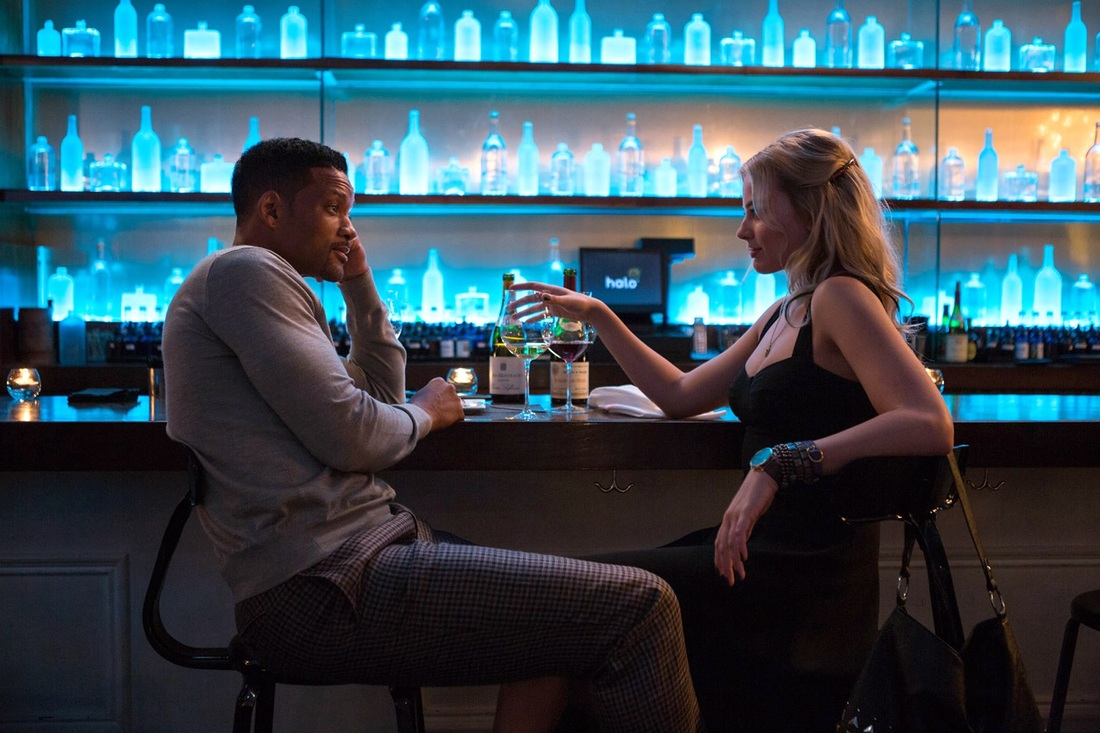
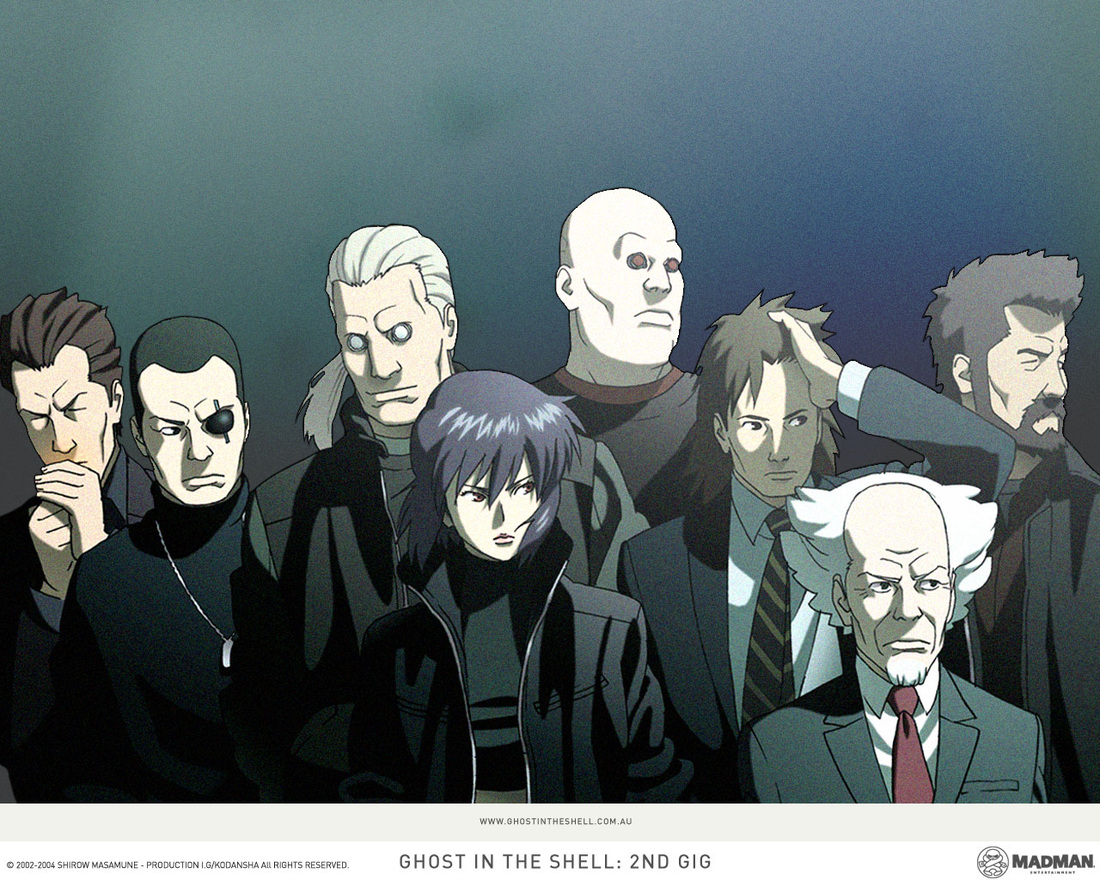
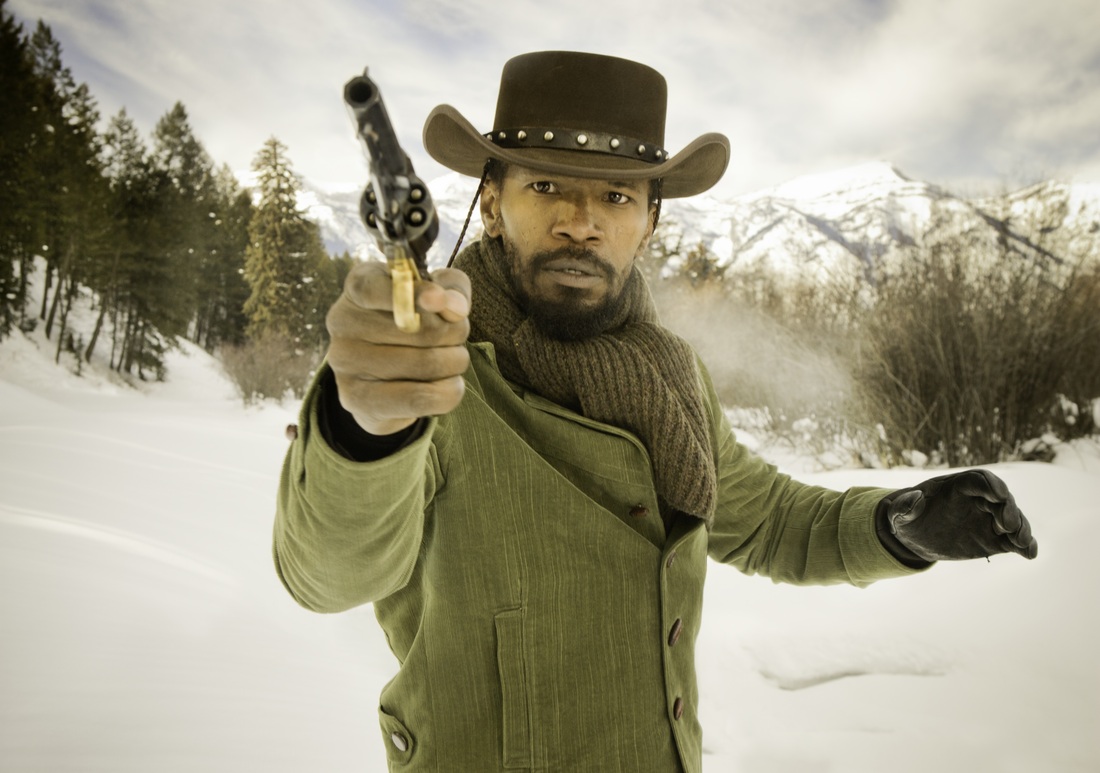
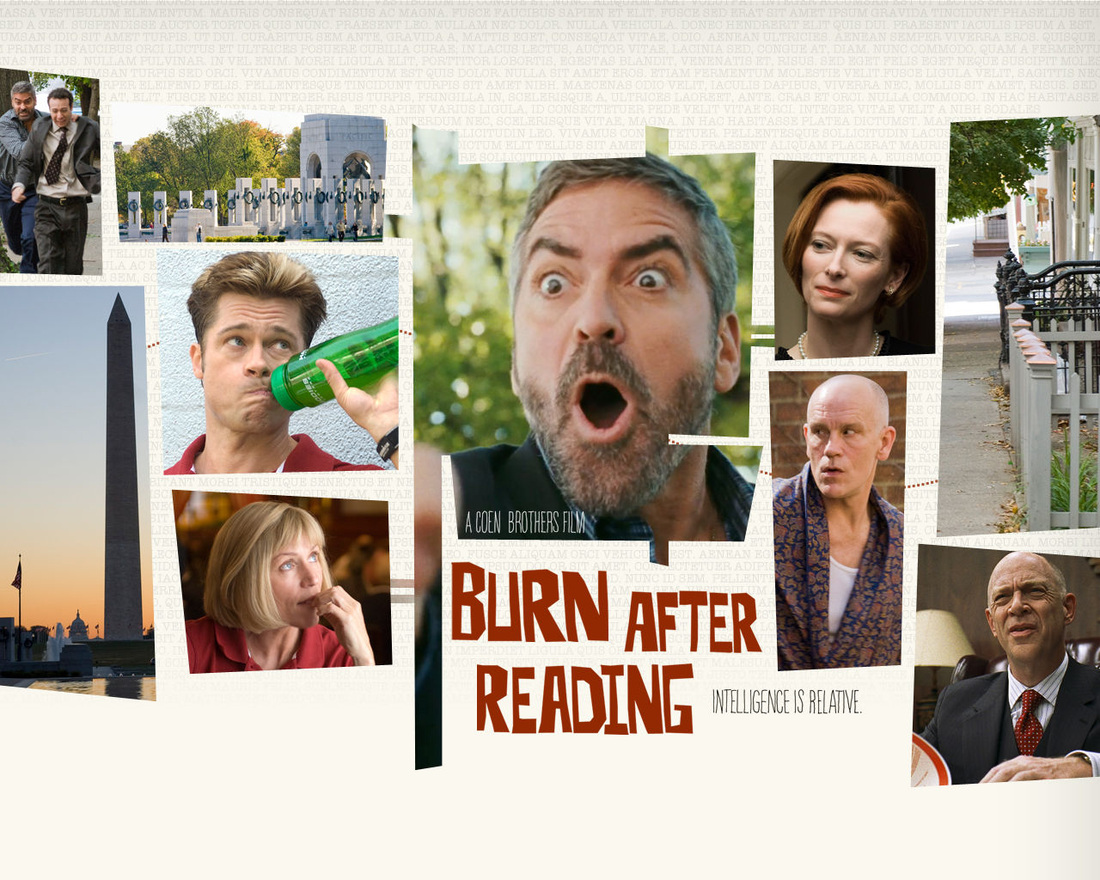
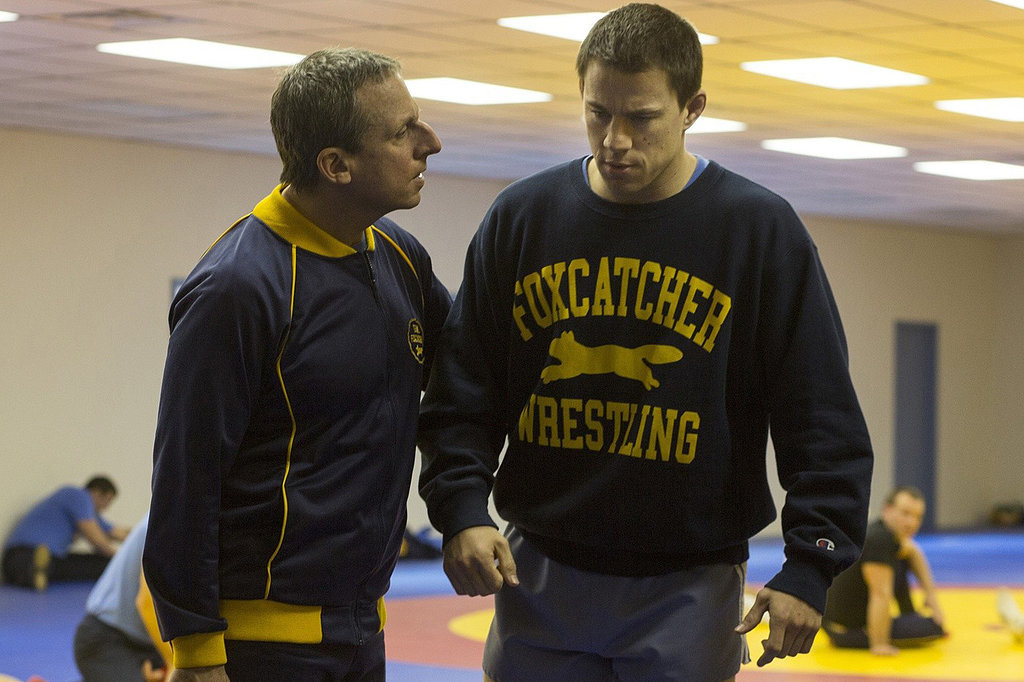
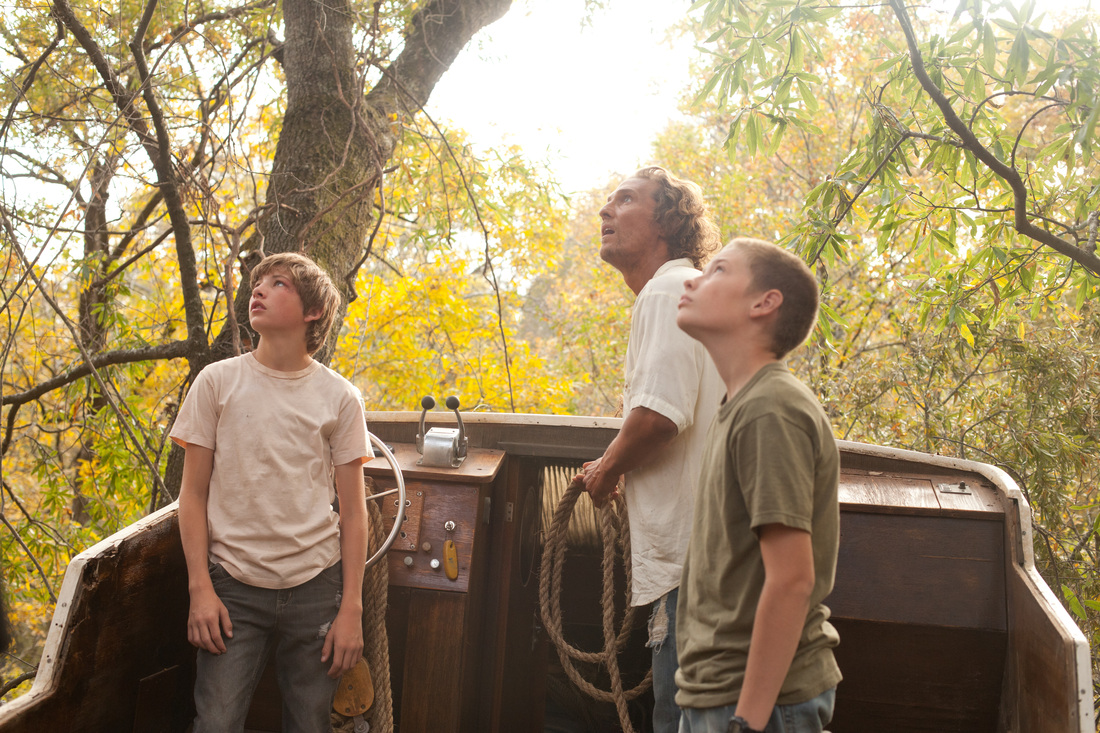
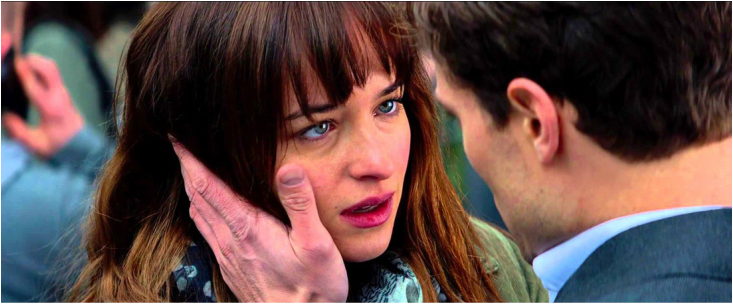

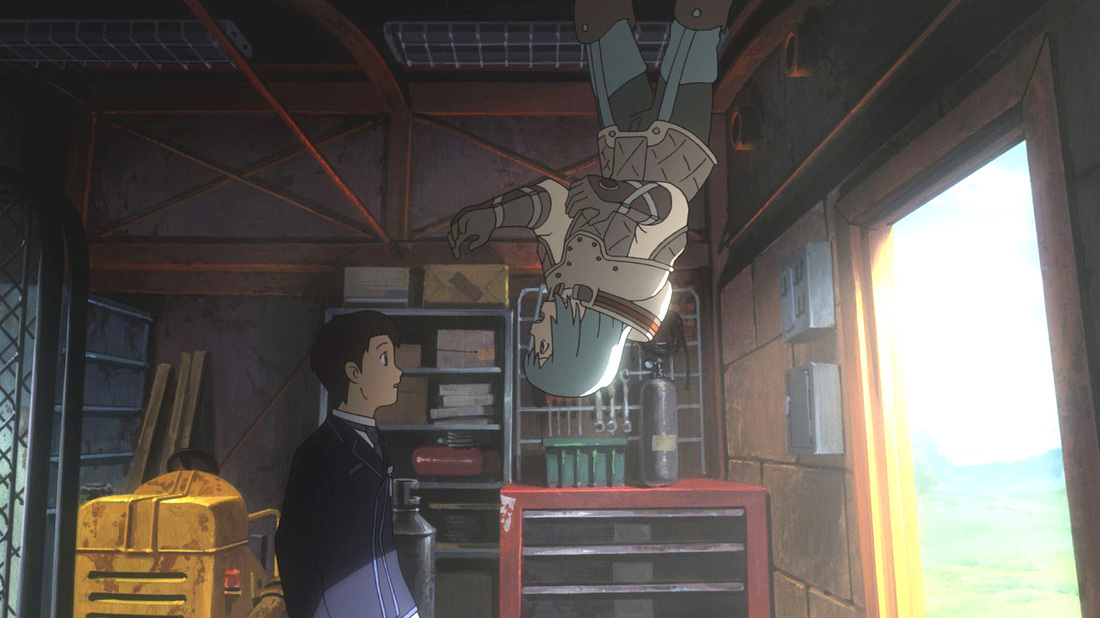
 RSS Feed
RSS Feed
